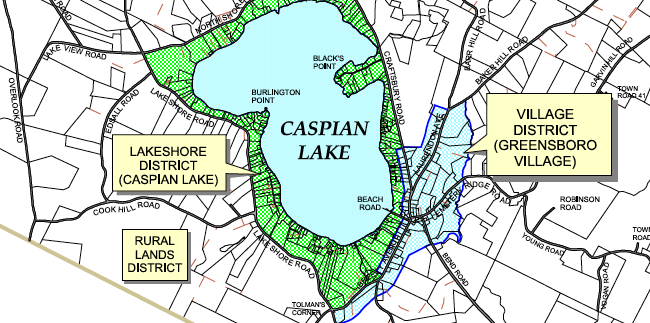GREENSBORO — The United States Department of Agriculture (USDA) announced Wednesday that it has awarded a $251,000 Emergency Community Water Assistance Grant (ECWAG) to Greensboro Fire District 1 to improve drinking water quality for users in Greensboro Village.
The grant will help the Fire District develop an additional well. The system’s existing wells have suffered from drought conditions in the past two years, forcing residents to draw untreated drinking water directly for Caspian Lake. Untreated surface water does not meet the standards of the Safe Drinking Water Act, requiring the system to issue boil water notices to its users.
“In the middle of our two-year pipe replacement project, our primary well started to dry up,” John Makin, a member of Greensboro’s Prudential Committee said. “USDA Rural Development stepped in with critical funding for a new well. This has been a major undertaking for our Fire District Prudential Committee. We have been very fortunate to have the professional help that has been provided throughout this project.”
The Fire District is in the final stages of an 18,000 foot water line replacement project scheduled to be completed in the coming months. USDA Rural Development provided $2,833,250 in low cost loans and grants through the agency’s Water and Waste Disposal Program.
The new lines will increase fire protection and decrease water consumption due to old leaking pipes. The contractor for the project, Munson Earth Moving Corp., recently received the Associated General Contractors of Vermont 2013 Best Builders award for this project.
“Safe, high quality drinking water in sufficient quantity is not a luxury, it is a necessity,” Ted Brady, the State Director of USDA Rural Development Vermont and New Hampshire, said. “Secretary of Agriculture Tom Vilsack and the team at USDA Rural Development recognize that our rural communities cannot shoulder the burden of making large drinking water improvements alone, and the ECWAG program is one of the most effective tools we can use to address sudden and unforeseen water quality and quantity concerns.”

